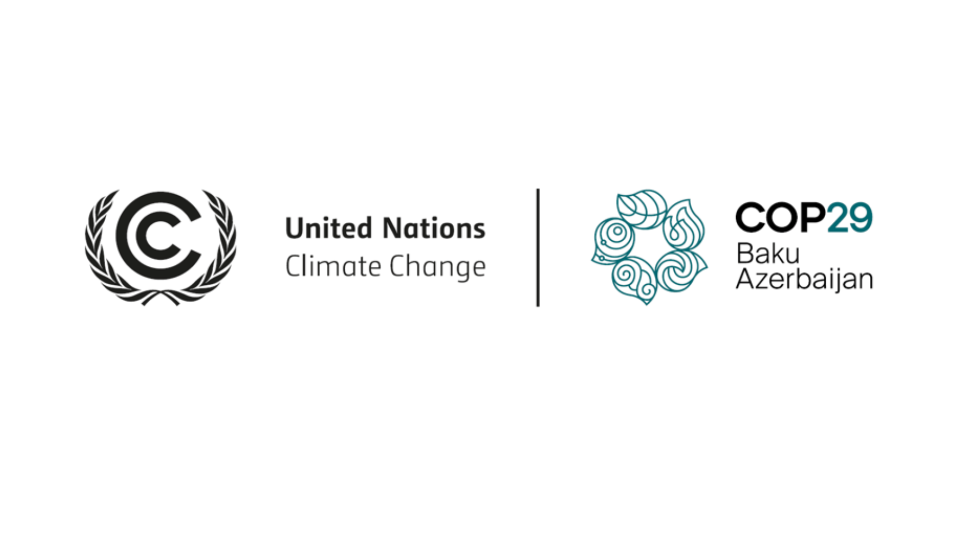ICN says COP29 climate finance shortfall threatens the planet’s health

The International Council of Nurses (ICN) has expressed profound disappointment with the outcomes of COP29, held in Baku, particularly the New Collective Quantified Goal (NCQG) on climate finance that was passed despite significant objections from developing countries.
ICN President, Dr Pamela Cipriano, said:
“Developing nations called for $1.3 trillion annually, which was already a conservative estimate, and wealthy countries responded with less than a quarter of that amount. The rich nations most responsible for the climate crisis have failed to meet their Paris Agreement obligations by pushing through a deal that is wholly insufficient to enable a just climate transition and support the world’s most vulnerable nations to deal with the devastating environmental impacts they are facing. The least developed countries are right to call this a betrayal, and one that sacrifices the very health and survival of their populations.”
Prior to the conference, ICN endorsed a joint call, from the Global Climate and Health Alliance (GCHA), urging leaders to commit to ending expansion of fossil fuels, transitioning to renewable energies, and securing finance for the ambitious action needed to address climate change, which ICN has called, in its position statement “the single greatest health threat facing humanity with profound implications for human health and well-being”.
ICN also voiced frustration with limited progress in terms of tangible commitments to phasing out fossil fuels, the single biggest contributor to climate change, and a major cause of health harms from respiratory disease to exacerbated mental health issues.
Howard Catton, ICN’s Chief Executive said:
“At the start of COP29, the Azerbaijan President called fossil fuels ‘a gift of the God’: we say health is the greatest gift and one we all too often take for granted. If our leaders forget that, we’ll all be fossils. That’s why we must invest in our nurses who are on the frontline in the battle against climate change.”
Reflecting the importance of the nursing voice in climate action, several nurses were in attendance, including Cara Cook, Director of Programs at the Alliance of Nurses for Healthy Environments (ANHE), and Charlotte McArdle, Deputy Chief Nursing Officer England, an alumnus of ICN’s Global Nursing Leadership Institute who attended as a Sigma Nursing UN Representative. ICN Nursing and Health Policy Analyst Dr Gill Adynski monitored the sessions remotely.
Dr Cipriano added: “Nurses know that behind every climate change statistic, there are millions of real people suffering. Every day, they treat elderly patients collapsing during heat waves, children struggling to breathe due to air pollution or wildfires, and entire communities devastated by floods and storms, all within increasingly overburdened health systems. Funding a strong and resilient nursing workforce that can lead climate change prevention and mitigation efforts must be a top priority.
We are finally seeing greater recognition of health as the argument for climate action at COP - last year, we had the Declaration on Climate and Health and this year, the newly-formed Presidencies Continuity Coalition for Climate and Health. But recognition is not enough. Without decisive action, we will see more preventable illnesses and deaths and more overwhelmed health systems, above all in the developing countries and small island nations that bear the brunt of the damage.
ICN calls on the world’s leaders to urgently step up with the ambitious climate financing needed to protect global health and build equitable, sustainable, and climate-resilient societies. The health of our planet and its people cannot wait.”